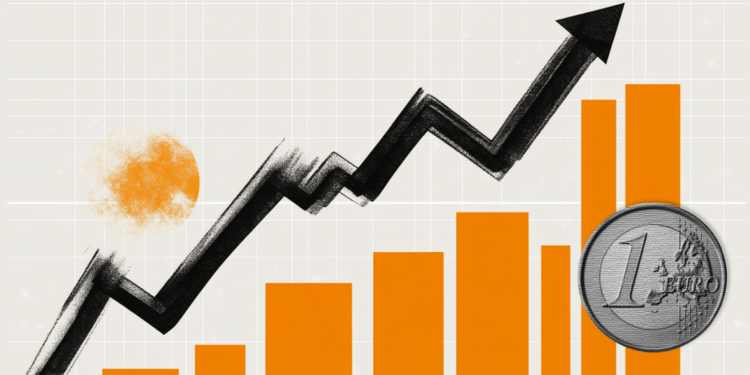The economic and social crisis in Argentina has made prices soar in the country and it was no different with cell phones. The Apple iPhone 13 Pro Max 256GB Graphite cell phone model, according to the newspaper “La Nacion”, came to cost 1,007,149 pesos with an 11% discount, as announced on its platform by the only home appliance company that had it in stock, according to the Argentine newspaper.
According to data from countryeconomy.com, the price of the product is equivalent to approximately 24 times the country’s minimum wage (42,240 pesos in June).
However, in Mercado Livre, it is possible to find the same model, launched by Apple in September of last year, for approximately 724.99 pesos. In other stores like Shopee, you can find the product at 408,312.
Damián Di Pace, head of the consultancy Focus Market, in an interview with the Argentine newspaper, highlighted that “there will be no more” of these equipments, as they are now considered luxury goods.
Devaluation against the dollar
The rise in the value of the iPhone was due to the devaluation of the Argentine currency against the dollar, said Marcio Garcia, an economist at PUC (Pontifical Catholic University).
Between January and May, the peso had the biggest drop against the US currency among the Latin American basket.
The loss of value is the result of the country’s average annual inflation of 35% over the last ten years, which brought a 26% drop in the purchasing power of the peso from one year to the next, in addition to economic and political instability in Argentina, points out Josilmar Cordenonssi, from Mackenzie Presbyterian University.
“The main cause of Argentine inflation has to do with fiscal imbalances. Argentina has always financed this, particularly in recent times, with currency issuance, generating the seed of inflation”, says economist Ariel Barraud, from the Argentine Institute of Fiscal Analysis.
Barraud believes that, in addition to chronic fiscal deficits and years of populist policies, exacerbated under the government of Peronist Alberto Fernández, exchange rate pressure and the population’s own expectation that prices will increase exacerbate the problem.
Margarida Gutierrez, a professor at UFRJ (Federal University of Rio de Janeiro) explained that the country’s economy is plummeting due to the populist policies put in place by the current government and the controlled exchange rate.
With Economy Minister Silvina Batakis taking office on July 4, investors have begun to fear for a shift to an unorthodox or unorthodox economic policy, as she is more aligned with the far-left wing of the ruling Peronist coalition and wants to more spending to alleviate high levels of poverty.
This would make it even more difficult for the Argentine government to honor its international commitments, said the professor. To this end, Argentina has already closed a US$ 45 billion debt agreement with the International Monetary Fund (IMF) on March 25.
The program “aims to strengthen public finances and begin to reduce persistently high inflation through a multi-pronged strategy that involves phasing out monetary financing of the fiscal deficit and improving the monetary and exchange rate policy framework,” the IMF said in a statement. .
Regarding exchange rates, the South American country has widely divergent data due to strict exchange controls that limit dollar purchases to just US$200 per month, pushing people into parallel and informal markets where dollars charge very high premiums. taller.
“In other words, the value that the Argentine government passes on the exchange rate is not exactly the real value, as it disregards the parallel and informal market”, details the UFJ professor. Exchange controls in place since 2019 have kept the official peso exchange rate on a slow weakening path.
Import taxes
Another aspect pointed out by Garcia that can also interfere with cell phone prices is “Argentina is full of import taxes”.
In October 2021, the country released a statement that said it had agreed to approve Mercosur’s decision to reduce the Common External Tariff (TEC), a fee charged on imports of products from outside the bloc, to 10%.
*With information from Reuters and Luciana Taddeo of CNN
Source: CNN Brasil
I am Sophia william, author of World Stock Market. I have a degree in journalism from the University of Missouri and I have worked as a reporter for several news websites. I have a passion for writing and informing people about the latest news and events happening in the world. I strive to be accurate and unbiased in my reporting, and I hope to provide readers with valuable information that they can use to make informed decisions.







